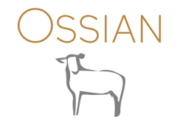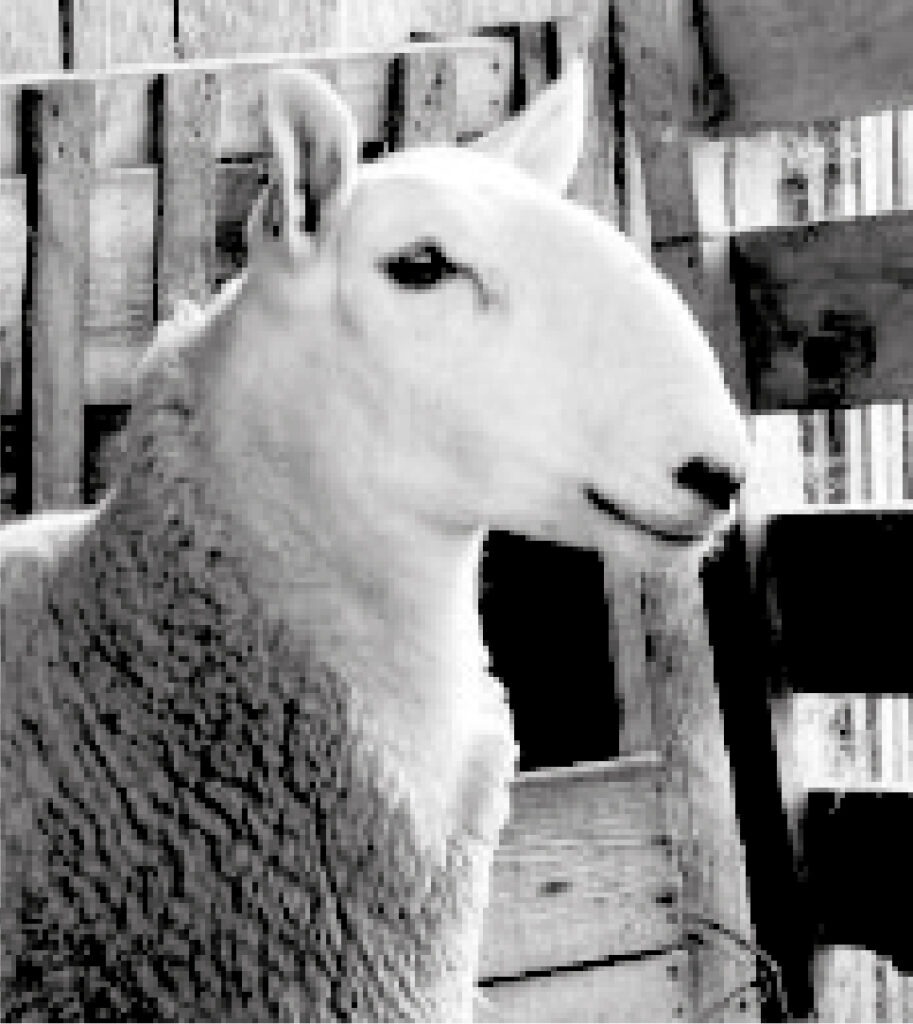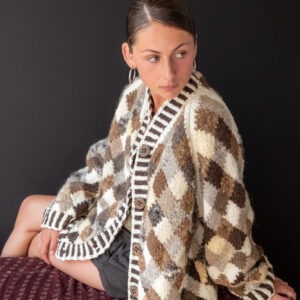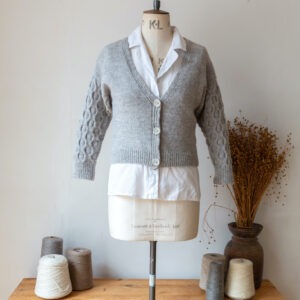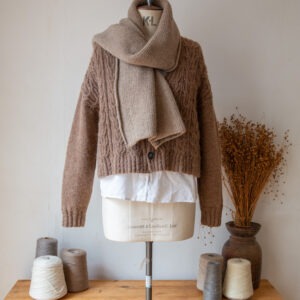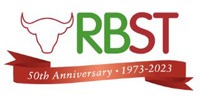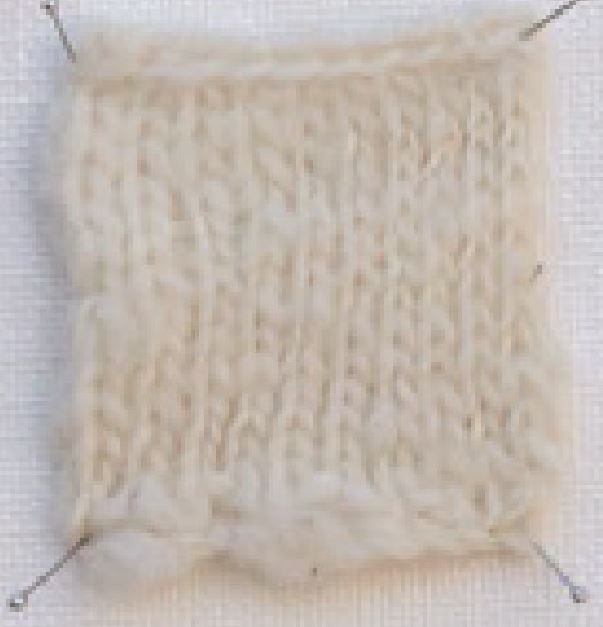
18th Century
Being the largest of the Cheviot breeds it produces a high bulk fleece. It is a hardy sheep which is particularly suited to grassy hills. It is all white and hornless.
Fleece Details
Breed History
The North Country Cheviot is a heritage sheep breed that originated in the northern regions of England, particularly the Northumberland and Scottish Borders areas. It is a hardy breed known for its adaptability to harsh climates and rugged terrain. Here are some key characteristics and information about the North Country Cheviot Heritage Conservation sheep breed in the UK:
- Breed History: The North Country Cheviot has a long history, with its origins dating back to the 18th century. It developed from local hill sheep breeds in the border regions between England and Scotland. The breed was primarily raised for its meat, wool, and as a source of income for farmers.
- Physical Characteristics: North Country Cheviots have a distinctive appearance. They are medium-sized sheep with a solid and sturdy build. They have a white, dense, and long-stapled wool that provides excellent insulation and protection in harsh weather conditions. The breed has upright ears and a relatively clean face, which helps prevent wool from covering their eyes.
- Hardy and Adaptable: One of the breed’s defining characteristics is its ability to thrive in challenging environments. North Country Cheviots are known for their hardiness, resilience, and adaptability to rough and hilly terrains. Their robust nature makes them suitable for extensive grazing systems in upland areas.
- Conservation Status: The North Country Cheviot is considered a heritage breed in the UK, and efforts have been made to preserve its genetic diversity and traditional characteristics. Various conservation organizations and breed societies, such as the Rare Breeds Survival Trust (RBST), work to promote and safeguard these native breeds.
- Utilisation: North Country Cheviots are primarily raised for their meat and wool. The breed produces high-quality, lean meat that is flavourful and sought after by consumers. The wool is valued for its strength, resilience, and versatility. It is often used in the production of tweed fabric, knitwear, and other textile products.
- Farming Practices: Traditional farming practices, such as extensive grazing on upland pastures, are well-suited for North Country Cheviots. These sheep have evolved to efficiently convert grass and forage into meat and wool. Their ability to graze in upland areas where other breeds may struggle makes them valuable for maintaining and managing these landscapes.
Overall, the North Country Cheviot Heritage Conservation sheep breed is cherished for its historical significance, adaptability, and valuable meat and wool production. Efforts to conserve and promote the breed’s unique characteristics contribute to the preservation of traditional farming practices and biodiversity in the UK.
